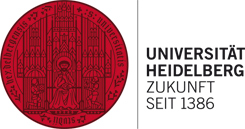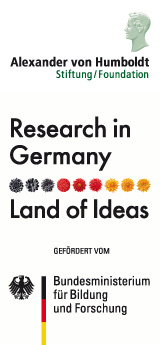The Research Alumni Network was created for current and former visiting researchers in Heidelberg as well as for researchers with a Heidelberg background working abroad. More than 400 members from a wide range of disciplines and countries is using this special service within Heidelberg Alumni International.
HAI is the central alumni initiative of the university - the worldwide network for all former and current students, researchers, administrative and teaching staff. Since 1996, HAI offers its members in collaboration with its professional, national and international alumni groups a varied assortment of services, information, activities and events online in HAInet, in Heidelberg, in Germany and worldwide.


2011-2019 supported by the Collaborative Project “International Research Marketing”
Issue 2/2022, August 2022 | German
News from the Network

In the ‘News from the Network’ section Research Alumni can feature projects which they have carried out together or in cooperation with Heidelberg colleagues. Also, German researchers abroad with a background in Heidelberg can introduce their scientific work. [More...]
Scholarships for people affected by war

Heidelberg University supports academics affected by the war in Ukraine with a scholarship programme. The funding is aimed at doctoral students, post-doctoral researchers and established academics from Ukraine, Russia and Belarus who had to leave their country due to the war and would like to start or continue their academic work in Heidelberg. [More...]
Humboldt Professors receive awards
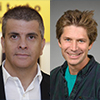
Prof. Dr Joacim Rocklöv and Prof. Dr Francisco Moreno-Fernández were honoured with Germany's most highly endowed international research prize at an award ceremony. As Humboldt Professors, the two scientists, who are world leaders in their fields, conduct research in Heidelberg on climate-sensitive infectious diseases and on the relationship between language and society. [More...]
“I Lost My Heart in Heidelberg”
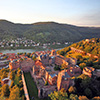
The Research Alumni Network lives by and with its members – visiting scientists that are currently conducting research in Heidelberg or have already concluded their stay and are continuing their work elsewhere. We will introduce two of these scientists in the edition of this newsletter:
Dr Maryam Dezhamkhooy, Archeologist, Heidelberg University, Heidelberg/Germany
Prof. Dr Srbuhi V. Lulukyan, Linguist, Armenian State Pedagogical University, Yerevan/Armenia
Funding for 3D Bioprinting
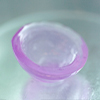
A Heidelberg research project on the three-dimensional “printing” of human corneas receives a highly endowed grant of almost 2.2 million euros. The long-term goal of the project at the newly founded Faculty of Engineering is to bypass risky transplantations and establish a gentle method of clinical treatment for irreversible damage to the cornea. [More...]
Success in funding of CRCs
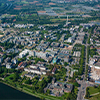
Ruperto Carola was successful with two proposals for Collaborative Research Centres at the Medical Faculty of Heidelberg in the most recent round of funding by the German Research Foundation (DFG): The CRC 1550 "Molecular Circuits of Heart Disease" is newly established, the CRC 1129 "Integrative Analysis of Replication and Spread of Pathogenic Agents" enters its third funding period. [More...]
The Lost Royal City
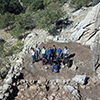
The mountain fortress of Rabana-Merquly in modern Iraqi Kurdistan may be the lost city of Natounia. This is shown by excavations by archaeologists from Heidelberg and Iraq, which provide important information about settlement structures and the history of the Parthians. Knowledge about the Parthian Empire, which extended over parts of Iran and Mesopotamia around 2,000 years ago, is still incomplete. [More...]
